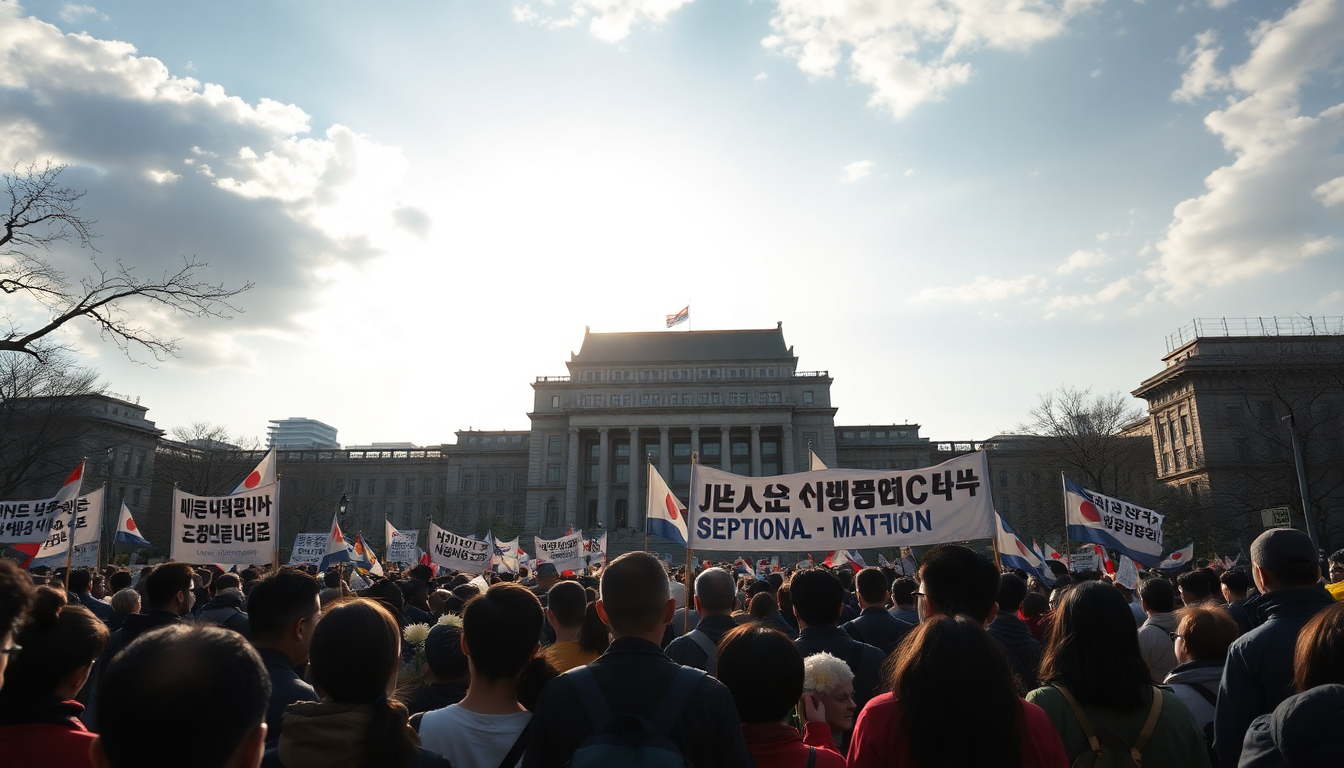Table of Contents
The winds of change blow through the corridors of power in South Korea, and the temperature is rising. President Lee Jae-myung’s recent comments on halting anti-North propaganda leaflets have set the stage for a potential overhaul of the long-standing stance that has defined relations with the North. Amidst a backdrop of protests from families of abducted South Koreans, it’s hard not to raise an eyebrow at this apparent shift. Is it a genuine call for peace or just another layer of political theater?
Background of the situation
Let’s rewind the clock a bit. For decades, the South has turned a blind eye to the antics of those waving banners and tossing leaflets over the border. Conservative administrations have often encouraged these acts, viewing them as necessary provocations against the North’s oppressive regime. So, what gives now? The recent launch of leaflets by relatives of abducted South Koreans serves as a stark reminder of the unresolved grievances that haunt both sides. And yet, here we are, with a government that seems to be saying, “Maybe it’s time to play nice.”
A delicate balancing act
Experts are quick to chime in, and their opinions are as varied as the colors in a box of crayons. Dongguk University professor Koh Yu-hwan suggests this could be the first step toward restoring a semblance of trust between the two Koreas. But really, who are we kidding? Trust is not built on sweet nothings whispered in the dark; it’s forged in the fires of accountability and consistency. So, can we expect a heartfelt embrace from the North? Or are we just setting ourselves up for another round of disappointment?
The implications of Lee’s statements
To many, Lee’s comments are a beacon of hope, a sign that someone in power is finally willing to acknowledge the complexities of inter-Korean relations. But let’s not forget the stark reality: the North continues to flaunt its nuclear ambitions while the South dabbles in diplomatic niceties. So, what does this new approach mean for the future? Are we looking at a peace treaty or just more empty promises wrapped in a shiny bow? No one really knows, and frankly, it’s exhausting to speculate.
The political landscape
And here’s where it gets even murkier. The political landscape in South Korea is a battleground where every word carries weight, and every misstep could lead to an avalanche of criticism. Lee’s government is already under the microscope, and any sign of weakness might be seized upon by his opponents faster than you can say “nuclear fallout.” So, is this a strategic move to score points against his political rivals? Or is he genuinely committed to a new chapter in North-South relations? The jury is still out.
A sarcastic reflection
In the end, whether this is a genuine effort to mend fences or just another political ploy remains to be seen. But one thing is clear: the road ahead is fraught with challenges. So, let’s sit back and watch the spectacle unfold. Maybe we’ll finally see some fireworks—or just another round of political posturing. After all, who doesn’t love a good show? Buckle up, folks, it’s going to be a bumpy ride.


